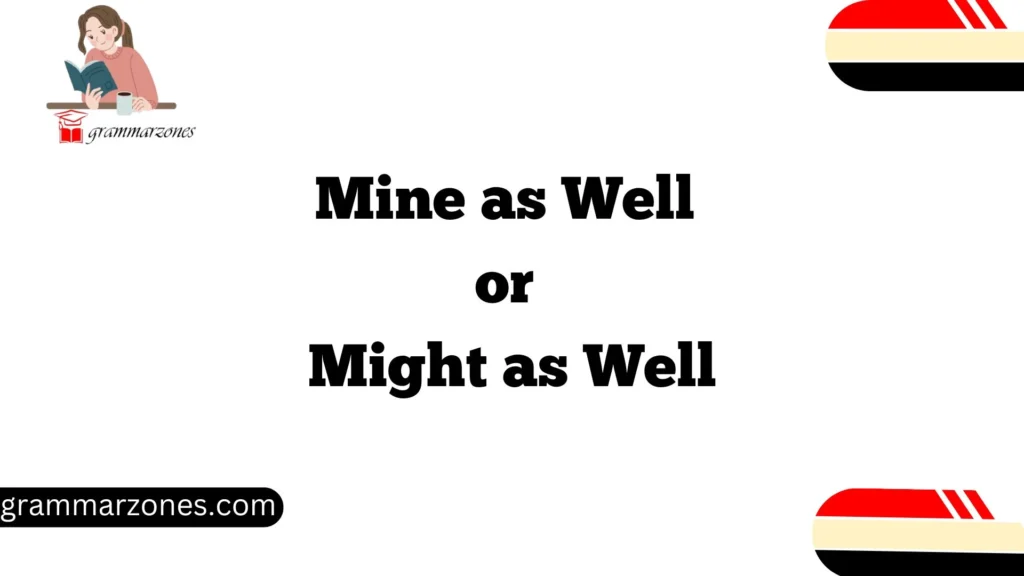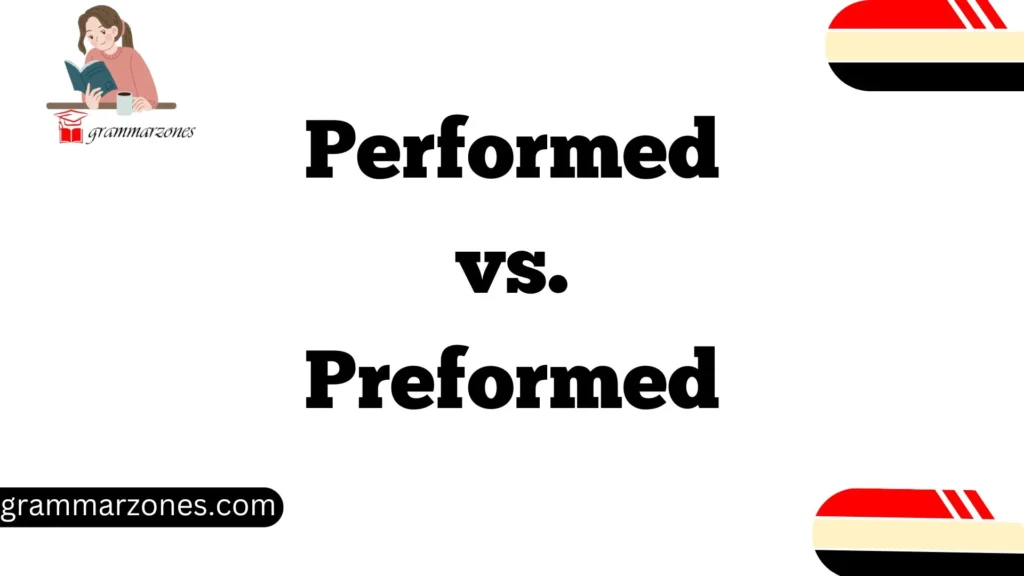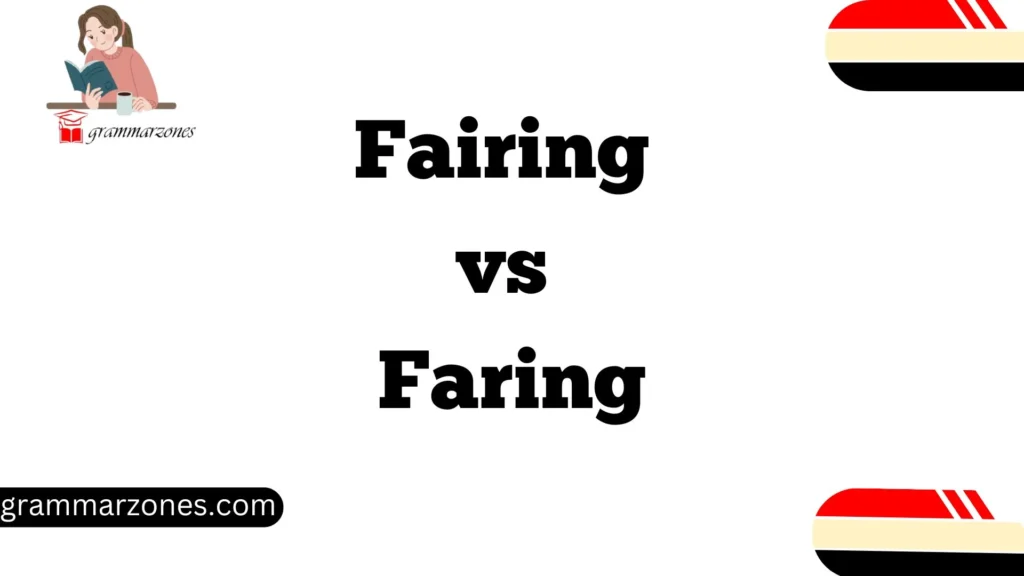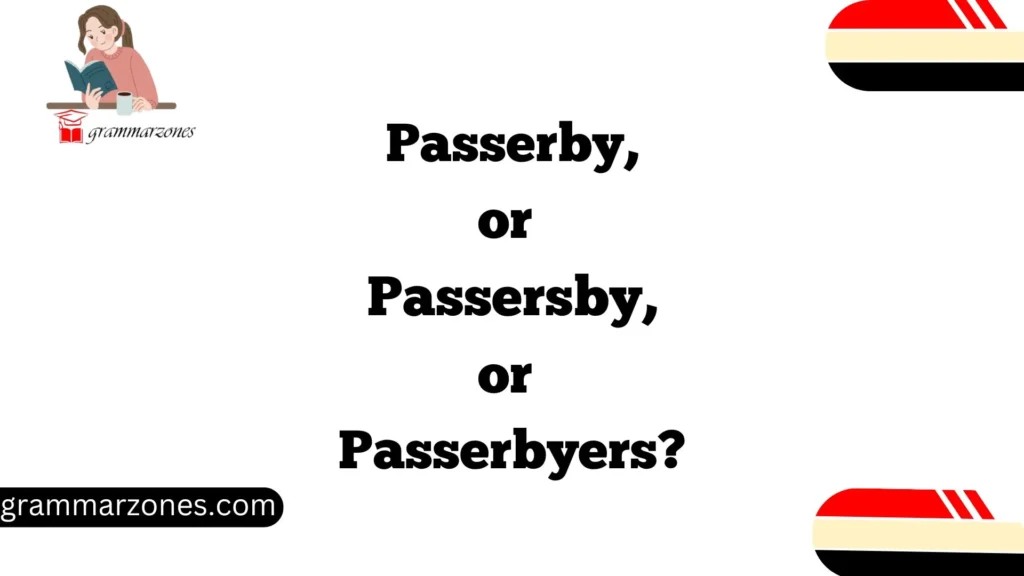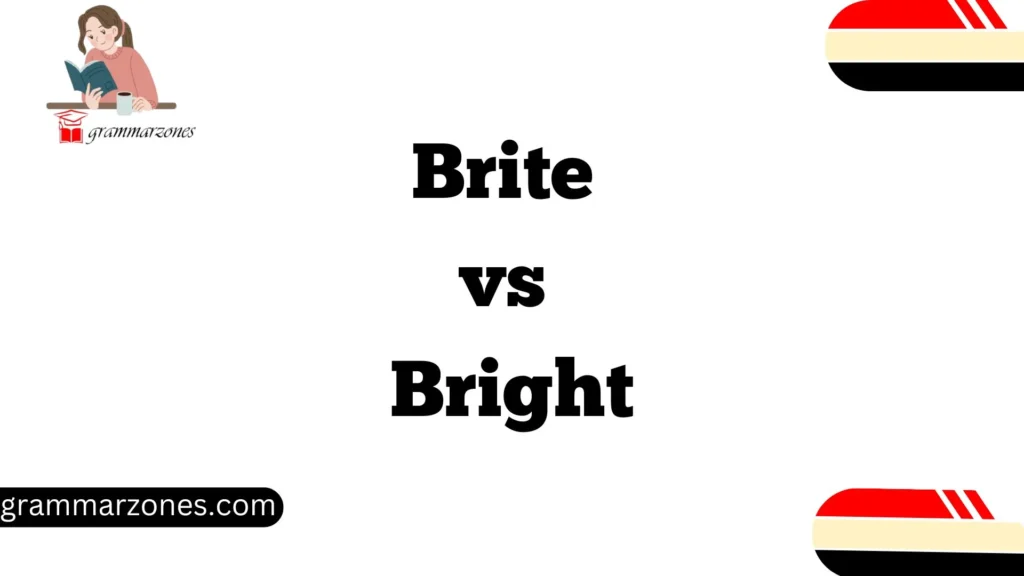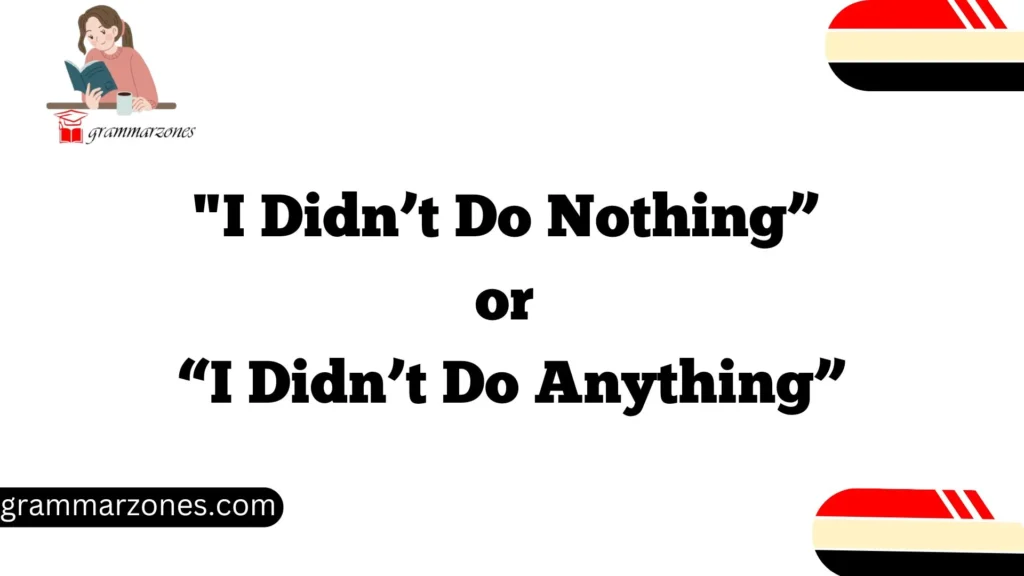Understanding when to use the phrases “Mine as well” and “Might as well” can be a bit tricky, but it’s important for effective communication. Mistaking one for the other can make your speech sound awkward and even lead to misunderstandings. In this blog post, we’ll explore these expressions in-depth, breaking down their meanings, the proper contexts for use, and why “Mine as well” is almost always a mistake. By the end, you’ll have a clear grasp of which phrase to use and when. Let’s dive in!
The Real Difference Between “Mine as Well” and “Might as Well”
At first glance, “Mine as well” and “Might as well” may seem similar, especially since they both include the word “as well.” But when you look closely, you’ll see that they have very different meanings and uses.
- “Mine as well” is incorrect in most contexts. The word “mine” is a possessive pronoun, indicating ownership. Therefore, it doesn’t make sense to use it in the phrase. People mistakenly use it because they confuse it with similar-sounding phrases.
- “Might as well” is the correct expression. It is used to suggest that an action or decision is as good as any other, often because no better options exist. It expresses a sense of resignation, indifference, or the idea that there is no harm in doing something.
For example:
- Correct: “I might as well grab a coffee before the meeting.”
- Incorrect: “I mine as well grab a coffee before the meeting.”
Why is “Mine as Well” Wrong?
People often confuse “mine as well” with “might as well” because they both sound similar. However, “mine” is a possessive pronoun used to indicate ownership, like in “The book is mine,” or “This car is mine.” When used in the expression “as well,” it doesn’t fit grammatically.
Let’s break it down:
- Mine = possessive pronoun (showing ownership)
- Might as well = a phrase expressing resignation or suggesting that something is as good as any other action.
Using “mine” in this context is simply incorrect, as it doesn’t serve the intended purpose of suggesting a course of action or choice.
The Meaning and Correct Usage of “Might as Well”
So, what does “might as well” mean? It’s an expression used when you feel like doing something because there are no better alternatives or because it makes sense given the circumstances. It’s like saying, “It seems like a good idea” or “Why not?”
Here are a few common contexts where you might hear “might as well”:
Expressing Resignation
- Example: “I might as well start working on this project now since I have nothing else to do.”
- This implies that there is no better choice or option at the moment. The speaker is resigned to the task because there’s nothing more exciting or urgent to do.
Proposals or Suggestions
- Example: “You might as well try this new recipe; it’s easy and delicious.”
- In this case, the speaker suggests trying something out of a sense of practicality or opportunity, because there’s nothing else to lose or nothing better to do.
Decisions Based on No Better Option
- Example: “Since the weather’s not great, we might as well head to the museum instead of the beach.”
- This sentence shows the speaker is suggesting an alternative plan that makes sense given the circumstances, without a lot of enthusiasm but with practicality.
Misuse of “Mine as Well”: Why It’s Incorrect
It’s easy to see why people might confuse “mine” with “might,” but here’s why “Mine as well” doesn’t work:
Possessive Pronouns Don’t Fit in This Expression
- As we discussed earlier, “mine” is a possessive pronoun. It’s meant to show ownership, not suggest an action or decision.
- Correct: “I might as well go to the store.”
- Incorrect: “I mine as well go to the store.”
“Mine” and “Might” Are Not Interchangeable
- Even though the two words sound similar, they serve different functions in English. “Might” is a modal verb used to express possibility or permission, while “mine” is a possessive pronoun.
Why People Make This Mistake
- Confusion with other possessive phrases: Some people mistakenly use “mine as well” because they associate “mine” with possessive phrases, like “as well as mine” or “this is mine too.”
- Phonetic Similarity: “Might as well” and “Mine as well” sound almost identical when spoken quickly, making it easy for some to mix them up.
Read More: Is It Correct to Say “Absolutely True”? A Deep Dive Into the Usage and Impact of This Phrase
Real-Life Examples and Mistakes: Why “Mine as Well” Should Be Avoided
Let’s look at a few more examples where “Mine as well” would be used incorrectly:
- Incorrect: “Since I’m already here, I mine as well wait for the meeting to start.”
- Correct: “Since I’m already here, I might as well wait for the meeting to start.”
Another example:
- Incorrect: “You can mine as well come with us; we’ll have fun.”
- Correct: “You might as well come with us; we’ll have fun.”
By using “mine” instead of “might,” the sentence becomes grammatically incorrect, making your communication sound awkward and unclear.
The Role of “Might as Well” in Decision Making
One of the most important uses of “might as well” is in decision-making. When you’re trying to decide between two or more options, or when there’s no clear better choice, you might use this phrase to suggest an action.
For example:
- Scenario 1: You’re deciding whether to watch TV or read a book. “I might as well read a book; I can watch TV later.”
- Here, you’re choosing reading a book because it’s as good an option as anything else at the moment.
- Scenario 2: You’re about to leave work but there’s a bit of traffic. “I might as well leave now to avoid being late.”
- This is a decision made in the face of circumstances, choosing to leave despite the traffic because there’s no better time.
Common Situations Where “Might as Well” Is Used in Decision Making:
- Making the best of a situation: “We might as well make the most of this rainy day by going to the movies.”
- Accepting something inevitable: “You might as well get used to the new routine; it’s not going anywhere.”
“Might as Well” in Proposals and Suggestions
Another common way to use “might as well” is in offering suggestions. The phrase often implies that the suggested action is practical, reasonable, or convenient.
For example:
- Suggestion in a casual context: “You might as well take the train instead of driving—it’s quicker and cheaper.”
- Offering a recommendation: “We might as well get started with the project now, since we’ve been talking about it for so long.”
Using “might as well” in these scenarios helps convey that the action makes the most sense, even if it’s not the most exciting or ideal option.
Clearing Up the Confusion: Final Thoughts on “Mine as Well” Versus “Might as Well”
In conclusion, the key takeaway here is simple: Always use “Might as well” when you’re expressing a choice, decision, or suggestion, especially when there’s no better option available. Avoid using “Mine as well” unless you’re talking about possession (and even then, it’s usually used with “as well as mine”).
Here’s a quick refresher:
- Might as well = expressing an option, decision, or suggestion based on circumstances.
- Mine as well = incorrect, because “mine” is a possessive pronoun and doesn’t fit grammatically.
When in doubt, think about whether you’re suggesting an option or making a decision. If you are, “might as well” is probably the phrase you need.
Conclusion: Mastering the Usage
It’s easy to mix up “Mine as well” and “Might as well,” but with a little attention to detail, you can ensure that you’re using the right phrase every time. When expressing resignation, indifference, or making suggestions, “might as well” is the correct choice. On the other hand, “mine as well” is almost always a mistake, unless you’re referring to possession, which is a different context altogether.
Next time you’re deciding on a course of action, consider whether you’re resigning yourself to a situation or making a proposal. If you are, you’ll be clear and correct by using “Might as well.”
Feel free to share your experiences or any further questions you may have in the comments below. Happy speaking!
By following the guidelines of proper usage, we’ve cleared up any confusion between “Mine as well” and “Might as well,” empowering you to sound more natural in your daily conversations.

“Emma Brooke is an aspiring writer with a passion for mastering the English language. At GrammarZones.com, Emma explores the intricacies of grammar, punctuation, and vocabulary, providing clear and accessible explanations for learners of all levels.
